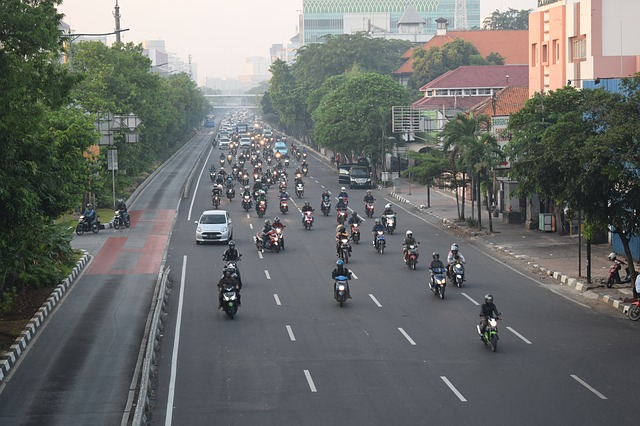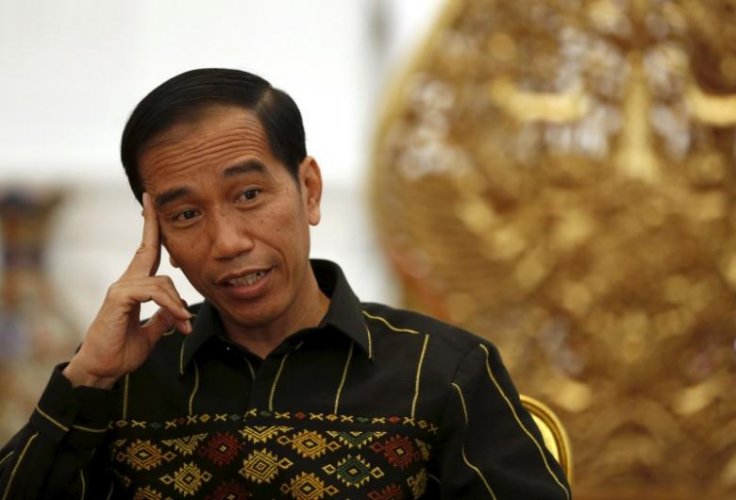
Indonesia President Joko Widodo announced that the capital of the country will be shifted to the province of East Kalimantan on the island of Borneo that will cost around $32.79 billion.
We know that Jakarta is the current capital and the home to over 10 million people. But what are the issues?
Jakarta is not only known as the capital of Indonesia but gained attention as one of the fastest sinking city in the world. The city sits on swampy land, the Java Sea lapping against it and 13 rivers running through it. So there is no surprise in terms of frequent floods in the city, said experts who quickly added that the situation is getting worse.
BBC reported that Heri Andreas, who studied Jakarta's land subsidence at the Bandung Institute of Technology said, "If we look at our models, by 2050, about 95% of North Jakarta will be submerged," and hence not a matter which people should overlook.
As an example, it should be mentioned that the North Jakarta has sunk 2.5 meters in 10 years and still sinking by as much as 25-cm a year in some parts. The data also showed that Indonesia capital, which is one of the most populated cities in the world and was Hindu settlement dated back to the 4th century CE, is sinking by an average of one to 15 centimetre a year and almost half the city now sits below sea level.
Even though climate issues forced the Indonesian government to change the location of the capital, they haven't decided any name for the new capital of the country. But it was revealed that the future capital straddles two relatively undeveloped regions, which are Kutai Kertanegara and Penajam Paser Utara.

In his speech, President Widodo said, "The location is very strategic - it's in the centre of Indonesia and close to urban areas. The burden Jakarta is holding right now is too heavy as the centre of governance, business, finance, trade and services."
He also mentioned that the new location for the capital was at minimal risk of such disastrous events, which are being witnessed in Jakarta.
But the environmental activists have raised concerns over the wildlife in the new area, as Kalimantan is one of the few places on earth where orangutans live. Greenpeace Indonesia campaigner Jasmine Putri said that the government is responsible to make sure that "the new capital is not built-in conservation or protected area."








